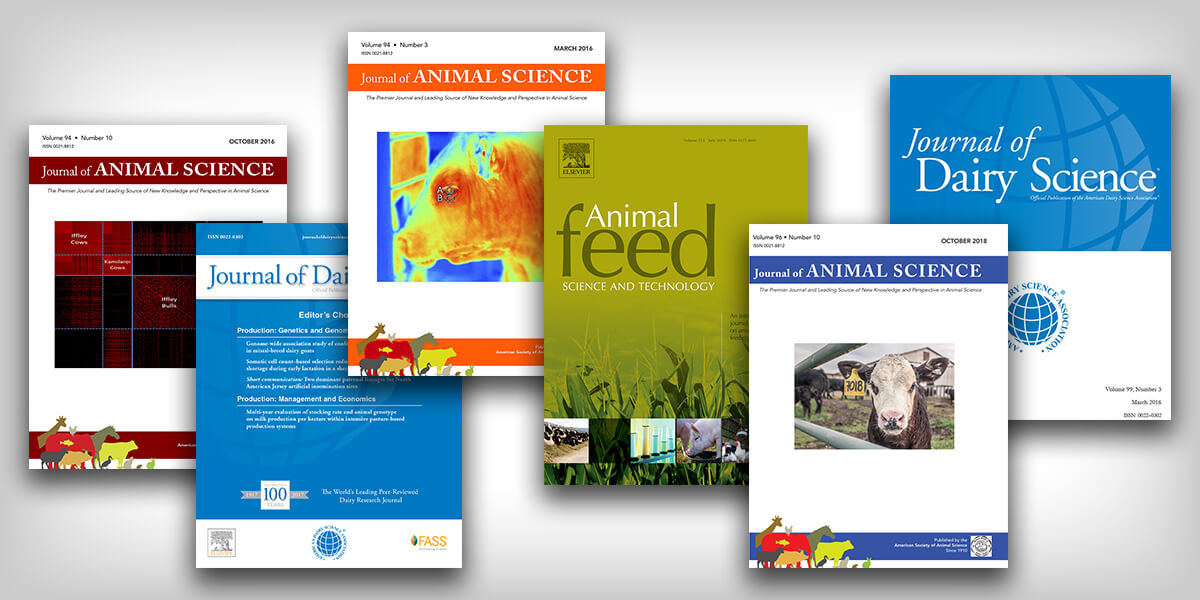The quick answer is:
- A field trial is a big picture look that involves many factors and assumptions.
- Peer-reviewed research is a scientifically sound investigation of cause and effect.
Field trials/tests are literally that — tests conducted in the field. In the case of livestock, the field is the environment in which the animals are normally produced.
- Benefits of field trials: Field trials are useful for judging behavior — how animals move about and interact with humans, other animals and objects — and total impact of their normal, physical environment.
- Drawbacks of field trials: Because so many factors affect the animals, it’s difficult to isolate just one that is causing a change. That’s doubly true when judging the impact of nutritional changes.
Peer-review is science’s mechanism for quality control and for self-correcting errors or faulty conclusions. Peer-review typically involves several rounds of review where independent, third-party scientists in the relevant field review the methodology and findings.
Peer review often takes place at research universities or as part of a scientific journal publication process. Only studies that can withstand the scrutiny can be presented as “peer reviewed.”
Why Peer-Review Research is the Best Proof for Trace Minerals’ Efficacy
When it comes to determining how a single factor — such as trace elements — impacts something affected by many variables — such as animal health and performance — it’s essential to have peer-reviewed research.
Field trials alone don’t cut it. There are simply too many variables in the field to credit one product for an improvement in herd health or performance. For example:
1) Company A feeds a group of cattle a certain level of their Acme Zinc Supplement.
2) The overall well-being of the animals improves.
3) Therefore, it’s tempting to say, “field trials show increased performance from cattle that were fed Acme Zinc.”
While that statement may be technically true, what is it really saying? It’s saying this group of cattle that were fed Acme Zinc had increased performance. It’s NOT saying Acme Zinc caused the increased performance.
That’s because Acme Zinc was just one of many variables that impact animal wellness — along with the cleanliness of the environment, changing health status, cattle genetics, changing of seasons, weather, ration quality, water quality and availability, exposure of other diseases, increased or decreased stress and many other factors. Therefore, it’s impossible to say with certainty that it was Acme Zinc that made the difference. Marketers instead use the fallback sentence — “Field trials show increased performance from cattle that were fed Acme Zinc” — and let the reader infer Acme Zinc made the difference, without saying it. Most of the time the data is not able to be statistically analyzed due to the study design flaws.
Peer-reviewed research is a completely different story. In peer-reviewed research the environment or other variables can be controlled, and it’s possible to determine cause and effect with reasonable certainty using appropriate statistical techniques.
Zinpro has conducted more than 300 peer-reviewed studies on the efficacy and effectiveness of its trace minerals. No other company can match Zinpro’s level of scientific rigor.
Ways to Evaluate “Scientific” Claims
Ask a few questions to determine if a claim is backed by science:
- Have the studies been repeated multiple times with the same results? If not, then ask why were the results different?
- Were the results presented in full-length studies, not just short abstracts? Full-length studies provide the detail to judge whether or not the study was scientifically valid.
- Have the full-length studies been thoroughly vetted by independent researchers to test the validity of the findings?
- Were the studies conducted in both the lab and field?
If the answer to any of the above is no, be careful how much faith you put in the “research.”
Zinpro offers real, peer-reviewed research that shows Zinpro Performance Minerals have efficacy and efficiency superior to all other trace mineral supplements. Contact us to learn more today.

